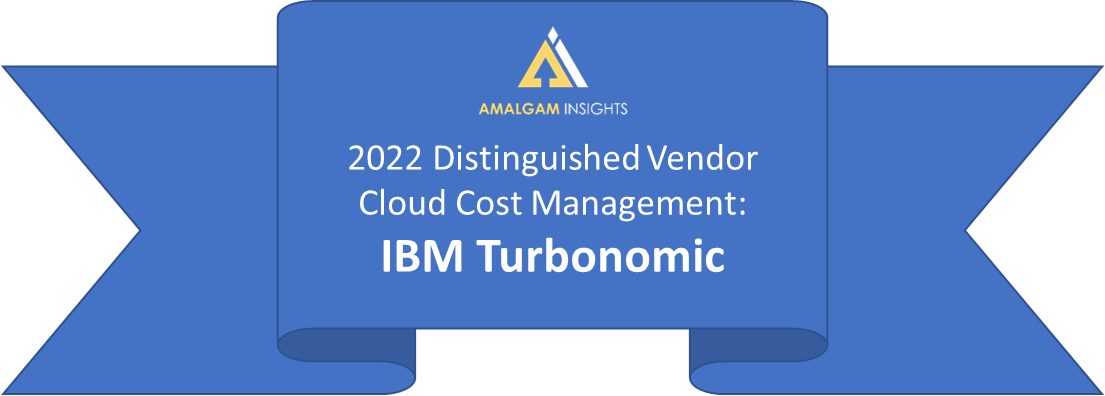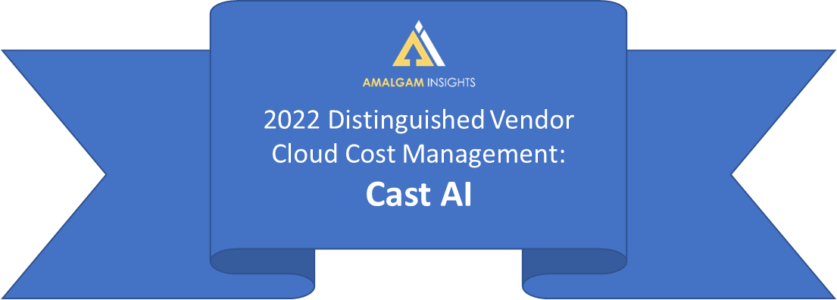Funding and Finance
$200M F Round for Dataiku from Wellington Management
This week, Wellington Management led the latest round of funding for AI stalwart Dataiku, a Series F round of $200M. DAtaiku will use the funding for continued growth and expansion of its platform capabilities.
Launches and Updates
Data Lineage Now Generally Available in Databricks Unity Catalog
On December 12, Databricks announced the general availability of data lineage in their Unity Catalog governance solution, after six months of being in preview. Customers at the Databricks Premium and Enterprise tiers now have access to automatically captured data lineage at no extra cost; they will need to restart their clusters or SQL Warehouses that were last started prior to December 7.
insightsoftware Launches Jet Analytics Cloud
On Monday, insightsoftware released Jet Analytics Cloud, a managed services offering of the Jet Analytics data prep and analytics tool. Jet Analytics Cloud is now available on the Azure public cloud.
MarkLogic Modernizes with Version 11
Veteran data platform MarkLogic announced MarkLogic 11 earlier this week. Key modernization features include improved support for GraphQL, OpenGIS and GeoSPARQL, and OAuth; extended capabilities for the MarkLogic Optic API; more flexible deployment and management options, including support for Docker and Kubernetes; and improved observability, auditability, and manageability capabilities.
MathWorks Debuts Modelscape for Model Management in Regulated Industries
On December 15, MathWorks released Modelscape, a suite of products designed to help primarily financial institutions reduce risk during the model lifecycle while complying with regulatory requirements. The products include Modelscape Governance, which provides centralized access to models, dependencies, metadata, lineage, audit trail, risk scoring, and overall model risk reporting; Modelscape Develop, to develop models with automated documentation and reproducible processes; Modelscape Validate, to validate models; Modelscape Test, to automatically test models before putting them into production; Modelscape Deploy, to deploy models into production without recoding, with both on-prem and cloud options; and Modelscape Monitor, to monitor, analyze, and report on model performance in a dashboard scenario.
SingleStore Announces Version 8.0
SingleStore released version 8.0 of their cloud-native database this week. New capabilities include better query performance with semi-structured data such as JSON data, dynamic workspace scaling, new realtime and historical monitoring capabilities, and OAuth support.
Partnerships
Microsoft and London Stock Exchange Group Announce Long-Term Strategic Partnership
Microsoft and the London Stock Exchange Group have announced a decade-long strategic partnership. LSEG’s data infrastructure will be architected on the Microsoft cloud, and both companies will co-develop new data and analytics products and services. In addition, Microsoft has agreed to purchase a 4% equity stake in LSEG by acquiring shares from the Blackstone/Thomson Reuters Consortium.
Panoply by SQream Now In the Google Cloud Marketplace
Data analytics acceleration platform SQream is now available in the Google Cloud Marketplace. Panoply users will be able to purchase Panoply within GCM, then set up a Google BigQuery instance within Panoply and connect their data.
Syniti Match and Syniti Replicate Available on SAP® Store
Enterprise data management company Syniti has made Syniti Match and Syniti Replicate available in the SAP Store. Syniti Match, integrated with SAP HANA, is data matching software, while Syniti Replicate provides data integration and realtime data streaming. Replicate can also integrate with both SAP HANA and SAP S/4HANA, with change data capture capability and data lake operations.


